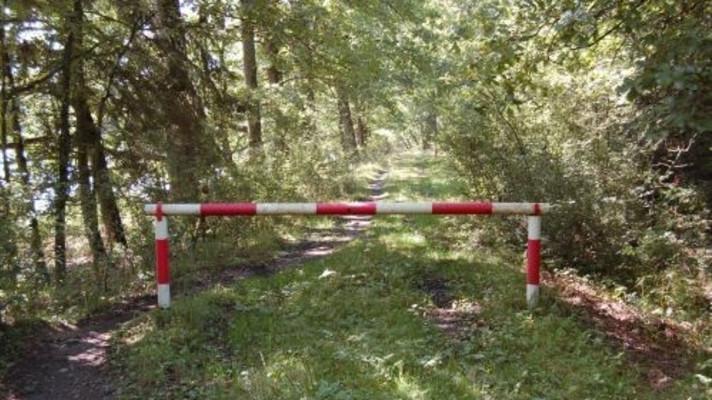Implementing Natura 2000: Dutch and Italian experiences
A study of how the Natura 2000 network was implemented in the Netherlands and in Italy has been conducted. From this analysis, recommendations have been made to help other EU Member States implement and manage the network, which include providing local authorities with better information on and understanding of Natura 2000 and how to balance ecological, social and economic needs.
The aim of the Natura 2000 network is to protect threatened habitats and species, but it is up to individual European Member States to decide which national legislation and methods will be used to achieve this aim. The Natura 2000 network consists of Special Areas of Conservation (SACs) identified by the Member States under the EU Habitats Directive1 and Special Protection Areas (SPAs) designated under the EU Birds Directive2. Member States are responsible for implementing the necessary conservation and management instruments for Natura 2000 sites.
This study compares the experiences of the Netherlands and Italy with the transposition and implementation of the Habitats Directive, and with the designation and management of Natura 2000 sites, to understand the issues Member States face when undergoing these processes.
In the Netherlands, nature conservation was well established before Natura 2000 and accommodated stakeholder objections, such as the economic concerns of landowners. This situation contrasted with Italy where, until the 1980s, conservation focused on cultural or aesthetic values, rather than ecological issues.
Despite differences in the level of conservation development between the two countries, both Italy and the Netherlands experienced similar issues in implementing Natura 2000.
Local and regional authorities faced difficulties in adjusting to the requirements of Natura 2000 as traditionally the nature conservation needs have, in most cases, not been taken into account in the early planning phase of development plans and projects. These authorities also had to assume new responsibilities and obligations. Furthermore, they had to introduce new legislation to implement Natura 2000. Adapting existing legislation in some cases caused interpretation difficulties and legal discrepancies between EU and national legislation.
In addition, these authorities had to incorporate a wider range of stakeholders into the policy process. Environmental non-governmental organisations (ENGOs), in particular, became important actors with greater ability to attack development projects in Court if they consider such projects to infringe EU nature legislation. Landowners also became significant stakeholders during the implementation of Natura 2000 in Italy and the Netherlands, often with conflicting interests to ENGOs with regard to carrying out economic activities.
The authors suggest that training could help local and regional authorities better integrate the requirements of nature conservation with social and economic development needs. In addition, management of Natura 2000 sites can be costly, especially in the case of countries like Italy which have a large number of habitats and species to protect. Making more EU funds specifically available for biodiversity protection could help local authorities achieve the conservation objectives of the Natura 2000 network.
The authors suggest that a better understanding of the importance of the challenges in implementing the Natura 2000 network for responsible national and local authorities could turn many of the barriers in the implementation process into opportunities.
- See: http://ec.europa.eu/environment/nature/legislation/habitatsdirective/index_en.htm
- See: http://ec.europa.eu/environment/nature/legislation/birdsdirective/index_en.htm
Contact: francesca.ferranti@wur.nl
